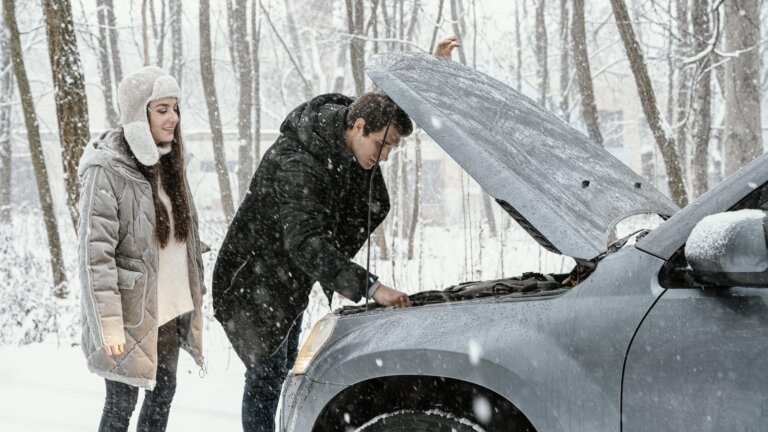We know that changing seasons has an impact on our schedules. Changes in temperature, light and dark hours, and school schedules can all impact the way we live our lives. But what about our daily commute? Can changing seasons impact traffic, auto accidents, or our commute? Let’s take a closer look.
Can Changing Seasons Impact Your Commute?
Research suggests the answer to this question is “yes!” Changing seasons can impact your commute for several reasons.
Changing Weather
No matter what part of the world you live in, changing seasons means a change in weather. Even in SoCal, where temperatures may stay moderate, changing seasons can impact hazards like tropical weather, fires, or rainfall. Any of these changes can impact road conditions and the ease of your commute.
In 2016, the Department of Transportation (DOT) suggested that weather-related auto accidents account for more deaths than most natural disasters, including hurricanes, tornadoes, and flooding combined! Every year, an estimated 5,900 people are killed in weather-related auto accidents, and another 445,000 are injured. In comparison, the annual average for deaths caused by natural disasters is 375.
Changing Moods
Researchers have also suggested that changing seasons can also impact our mood. Our mood certainly can impact our commute. Researchers have suggested that warmer temperatures and sunshine have a positive impact on travel mood and satisfaction, while rain and snow had a negative impact.
Changing Daylight Hours
Daylight savings time may also have an impact on your commute, according to some studies. Researchers at Stanford and Johns Hopkins University analyzed data from 21 years and found a significant increase in auto accident fatalities on the Monday after clocks “spring forward”. Their report, published in 1999, revealed that the increase is suspected to be related to something akin to jet lag, as drivers are not used to the change yet.
Research on the impact of daylight savings time has spanned decades. In 1980, researchers in Great Britain found an increase in accidents following daylight savings time. In 1996, Canadian researchers found an increase in auto accidents directly after daylight savings time as well.
Sources:
https://weather.com/safety/winter/news/weather-fatalities-car-crashes-accidents-united-states
https://www.ncbi.nlm.nih.gov/pmc/articles/PMC5292578
https://www.nsc.org/safety-first-blog/changing-seasons-means-changing-hazards
https://www.vox.com/2016/3/13/11212634/daylight-saving-time-car-crashes
Back to blog
